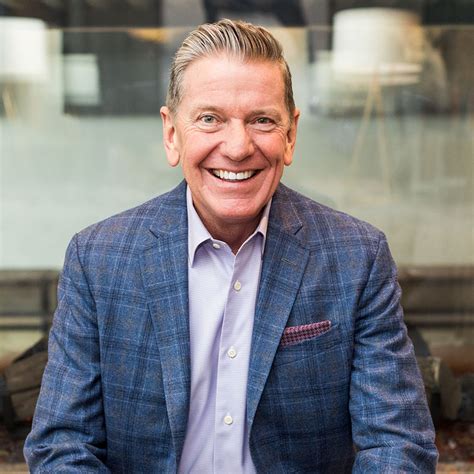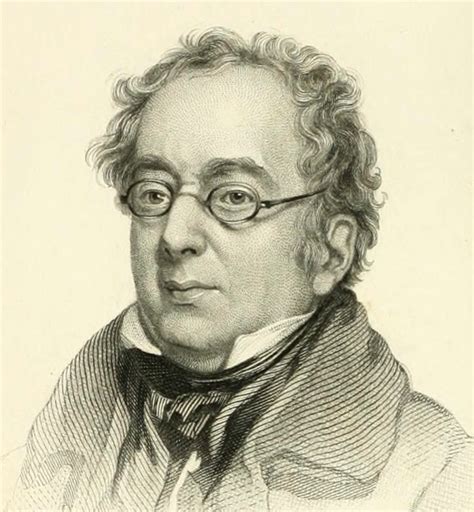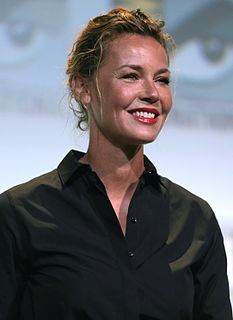A Quote by John C. Maxwell
I believe that everyone chooses how to approach life. If you're proactive, you focus on preparing. If you're reactive, you end up focusing on repairing.
Related Quotes
Our approach to existential risks cannot be one of trial-and-error. There is no opportunity to learn from errors. The reactive approach - see what happens, limit damages, and learn from experience - is unworkable. Rather, we must take a proactive approach. This requires foresight to anticipate new types of threats and a willingness to take decisive preventive action and to bear the costs (moral and economic) of such actions.
After Lockerbie, everyone thought, now we've learned the lesson of how to be proactive instead of being reactive. Unfortunately, September 11 came and we know the result. Thousands of people lost their lives. Security totally failed, not at one airport, at three different airports around the country.
Being proactive is more than taking initiative. It is recognizing that we are responsible for our own choices and have the freedom to choose based on principles and values rather than on moods or condition. Proactive people are agents of change and choose not to be victims, to be reactive, or to blame others.
I say this in the book [Today Matters], we either spend our day repairing or preparing, and if I haven't taken good care of my today's, they accumulate. So all of a sudden today what I'm doing is I'm going back, I'm repairing bad relationships and wrong decisions, and I'm digging a hole. I'm not making any progress because I'm in a repairing mode, versus if I really make today count that prepares me for tomorrow. Tomorrow really will take care of itself if I do the right thing today.
A fantastic analogy for the power of focus is racing cars. When your car begins to skid, the natural reflex is to look at the wall in an attempt to avoid it. But if you keep focusing on what you fear, that's exactly where you'll end up. Professional racers know that we unconsciously steer in the direction of our focus, so with their lives on the line, they turn their focus away from the wall and towards the open track.
I've always appreciated directors but I have a newfound appreciation for them and producers and everyone who does what they do that actors don't see. When you have one job, that's all you care about, that's all you're supposed to focus on. But focusing on so many different things, I was introduced to how hard everyone else works too.
Human Needs Project is really about how to come up with a different approach to helping, really focusing on the dignity of people living in communities you are not a part of, and how to approach these communities with help, but more look at it as an investment and a collaboration with these communities rather than, 'Here comes the white savior!'
Ask yourself, "Is there anything in my life that is causing me to feel a sense of unease, discomfort, or pain?" You can choose a persistent issue that has bothered you for years, or it may be something that has recently come up for you. While it's fine to focus on a chronic, physical disorder, don't approach this exercise as a cure - we're focusing on patterns of perception that encourage us to hold onto suffering.




































